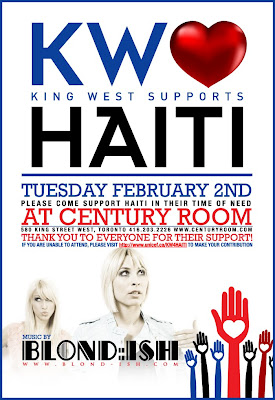
Kennedy improved relations with Latin America with the Alliance for Progress (called the "Marshall Plan for Latin America"). Kennedy, "in the final analysis", said it was "their war."īy the time of his death, JFK had sent about 15,000 "advisers." It was now becoming difficult to just leave without looking bad. They were supposedly there to instruct on how to fight, but not fight themselves. To defend from the North, Kennedy sent "military advisers" (U.S. The North was led by Ho Chi Minh and was communist. The shaky government wasn't a democracy in the American sense, but it wasn't communist. The South was led by Ngo Din Diem and back by the U.S. To match the situation with the force necessary, Kennedy upped spending on the Special Forces (Green Berets).
#Coursenotes 16th edition how to
The logic was good, the reality came to haunt the U.S.-America could now get in just a little bit, maybe a bit more, but then once in, how to get out without looking bad? This would be the story of Vietnam. Rather, he wanted to deal with situations with a variety of options. of Defense Robert McNamara moved America's policy away from "massive retaliation" to " flexible response." He didn't want a small nation with relatively small problems to give America two options: backing down or nuclear holocaust. The Geneva Conference (1962) set up a peace, though it stood on shaky legs. The Americans feared a communist government would emerge-Ike had put money into the country and Kennedy looked for a diplomatic way out. When the French left Southeast Asia in 1954, Laos was left without a government and a civil war started. He also pursued nuclear weapons for France, fearing America would not come through in a crisis.Īmazingly, de Gaulle seemed to have forgotten that less than 20 years earlier, Hitler and the Nazis had controlled the streets of Paris until America pushed them out.įoreign Flare-Ups and “Flexible Response” For example, he'd vetoed Britain's request to join the Common Market in fear of a "special relationship" with America. Charles de Gaulle was making a name for himself by sticking up to and sticking out his chest at the Americans. Lowering the tariffs did increase trade substantially.įrance, however, was not as receptive to the U.S. It was to lower tariffs by up to 50% and thus help the new Common Market in trade. To further help Western Europe, Kennedy got the Trade Expansion Act passed. Western Europe had made a great turn-around, thanks in large part to the Marshall Plan's help. The Berlin Wall would become the most obvious symbol of the Cold War split and what Winston Churchill had called the "Iron Curtain" between the east and west. So, the Soviet Union began to build the Berlin Wall that same year to keep folks in. JFK was shaken, but stood his ground.Įast Berliners were flooding into West Berlin-this was an unacceptable embarrassment to the U.S.S.R. Kennedy and Nikita Khrushchev met in 1961. The goal was almost unthinkable when he said it, but in July, 1969, Neil Armstrong and Buzz Aldrin set foot on the moon. Kennedy initiated the quest to put a man on the moon by the end of the decade. They did support JFK when he said he would not increase spending but would cut taxes to stimulate the economy.
#Coursenotes 16th edition free
Supporters of free enterprise and laissez-faire capitalism were not happy about these actions. When steel companies did not, Kennedy called in their leaders into the White House, reprimanded them, and they backed down. The House Rules Committee was expanded-this might help avoid conservative hang-ups.Ī noninflationary wage agreement was settled, contingent on companies keeping prices down.


The New Frontier, his domestic social program, was threatened by both Democrat and Republican conservatives. He and his cabinet went to the White House very confident. Kennedy was wealthy, Harvard-educated, witty. Usually the fields were health, agriculture, languages and math. Kennedy started the Peace Corps where mostly young, idealistic Americans would go to third world nations to help out and teach. He'd spoken of a " New Frontier", hinting that America was on the brink of something newly great. Robert McNamara left a business background to become head of the Defense Department."Bobby" Kennedy focused the FBI's efforts on "internal security", not-so-much on organized crime, and none on civil rights. JFK also put together a young cabinet, "the best and the brightest", including his brother Robert Kennedy, 35 years old, as Attorney General.

Inaugural addresses seldom are memorable, Kennedy's was memorable with the line, "…ask not, what your country can do for you: ask what you can do for your country." JFK personified the glamor and optimism of a younger, robust, vibrant America. Kennedy was the youngest president ever elected (though Teddy Roosevelt had taken over at a younger age).


 0 kommentar(er)
0 kommentar(er)
